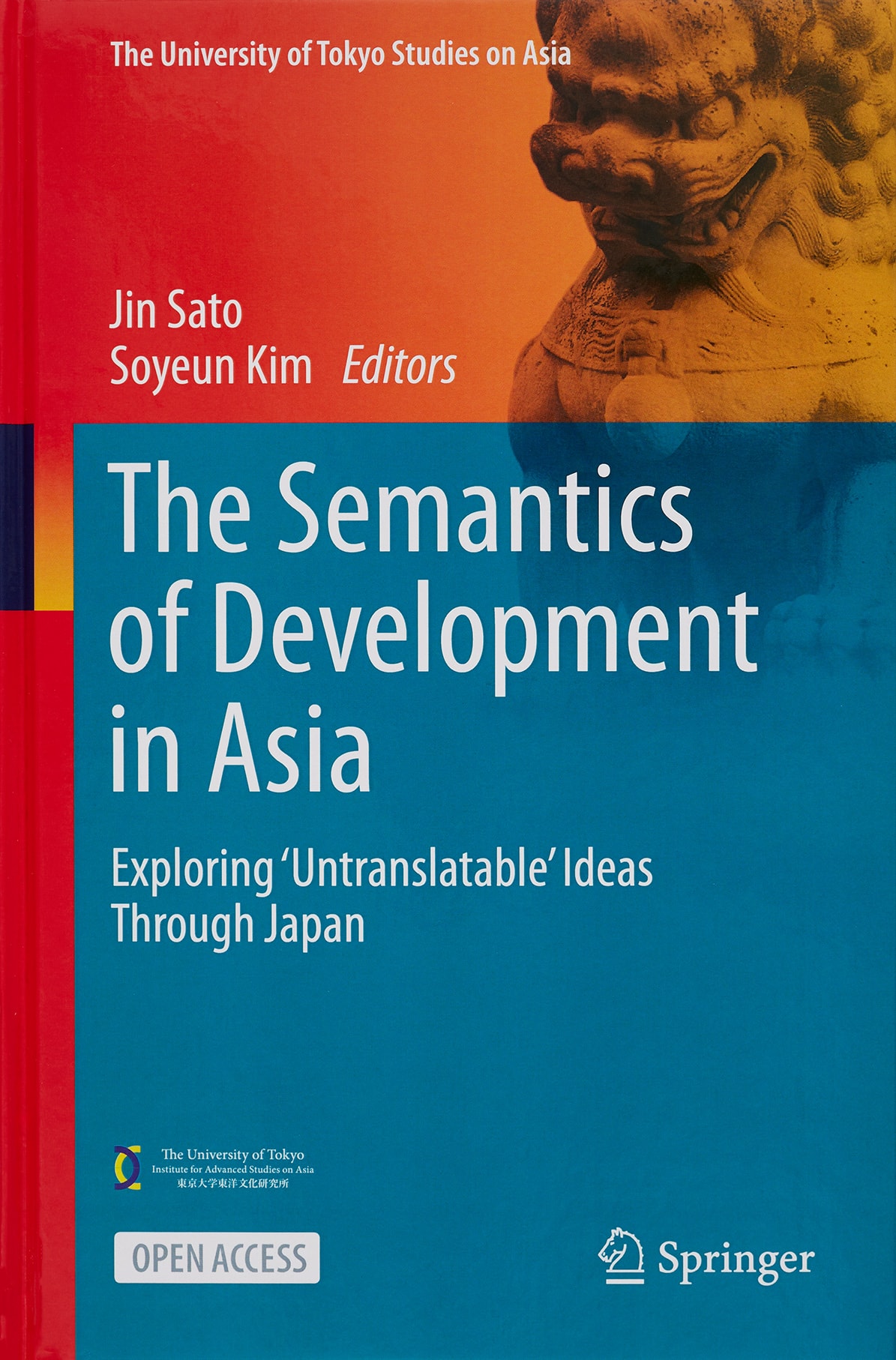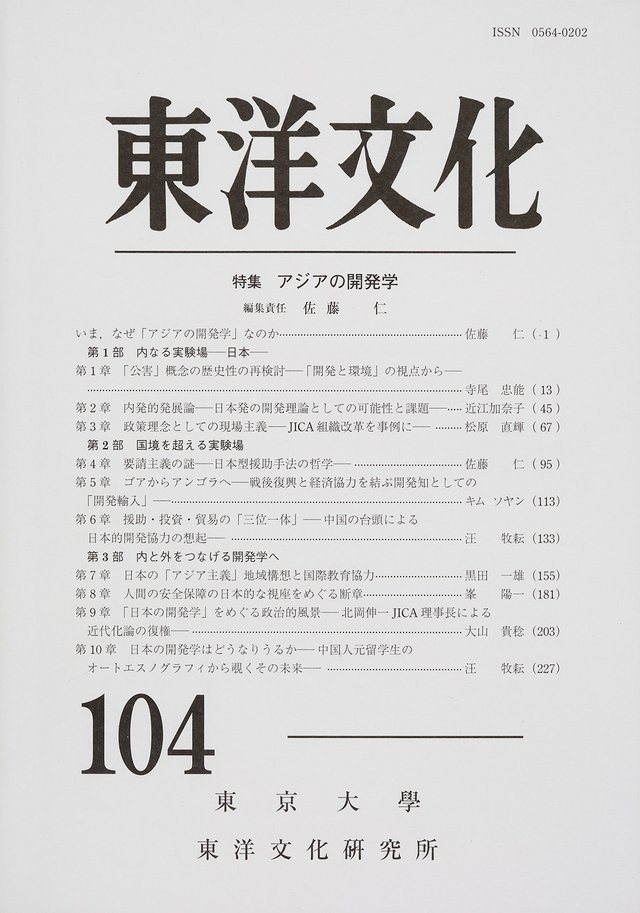This open access book explores Japanese involvement in Asian development through selected development ideas and lexemes that are widely regarded in Japan as 'untranslatable' into other languages. Each chapter traces the genealogy of locally nuanced development ideas and lexemes in Japan and the process by which they have spread across Asia and beyond through Japan's development cooperation. The Semantics of Development in Asia critically examines the diverse (Western and non-Western) roots of Japanese development ideas and lexemes and their shifting semantics, shaped by the ever-changing national/international political economies and dominant development thinking of different eras. The volume contributes to a more pluriversal approach to knowledge production in development studies through its in-depth examination of vernacular Japanese ideas. This book is useful to researchers, students and teachers in the fields of Asian studies, development studies and international relations. It is also of value to policymakers and practitioners whose professional interests include development cooperation by, and with, Asian countries.


